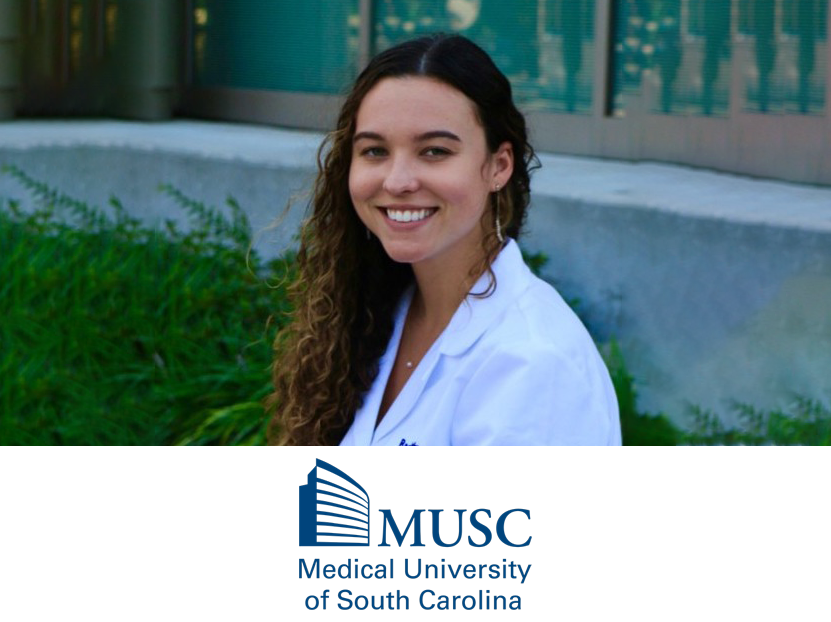The Role of Macrophages in Regression of Myocardial Fibrosis
Under sustained pressure overload, the heart is damaged and attempts to repair itself by laying down collagen fibers causing fibrosis, a dangerous scarring and thickening of the heart walls. Once the pressure is released, the heart will partially remove these collagen fibers. This incomplete removal results in the heart accumulating damage due to repair, leading to other heart disease, even heart failure.
We used a common model of this process (transverse aortic constriction (TAC)) in mice to study the activity of macrophages during periods of sustained pressure overload and subsequent repair in the heart.
A number of different techniques, in particular scRNA-seq with the Evercode kit, were used to examine changes in the number and expression profile of macrophage cells, a type of immune cell that maintains heart homeostasis and may contribute to improper remodeling of the heart after injury.
We found that groups of macrophages had distinct gene expression profiles depending on whether they were in hearts under high pressure, or in hearts after removal of pressure that were in the repair phase. This suggests that changes in the number and activity of macrophages reflects their contribution to collagen removal and specific macrophage populations may remove excess collagen and reverse the effects of fibrosis.
Next Steps
- See publication for details: Role of Macrophages in Regression of Myocardial Fibrosis Following Alleviation of Left Ventricular Pressure Overload
- Download the data files (below)

"The Evercode protocol was so clear and specific that it is impossible to mess up."
We're your partners in single cell
Reach out for a quote or for help planning your next experiment.